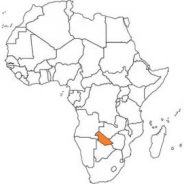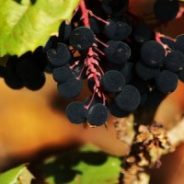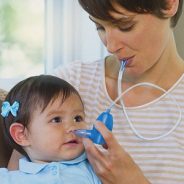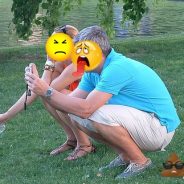Case Studies
In this section, we invite you to meet real-life gullible folk from around the world.
Trump Discovers New African Nation
From CIA World Factbook
Country name: Nambia
Introduction:
Discovered on September 20, 2017, one day before International World Peace Day and also, coincidentally, Islamic New Year and Jewish New Year, 2017, Nambia is Africa’s best-kept secret. In fact, the Nambians themselves were not aware they existed until Donald Trump, while making America great again, made the startling discovery of this until-now unknown nation on the pages of his speech to the UN.
Nambia is renowned for its health care.
Location: Darkest Africa
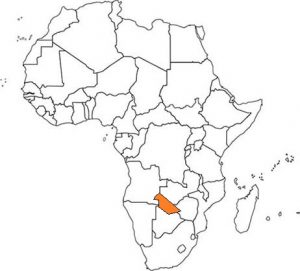
Nambia’s location on map of Africa
Flag:

National Flag of Nambia
Language: Nambabble
Government: Great Monarchy
National Bird: Cattle Egret
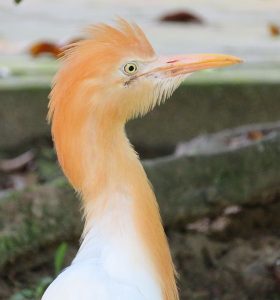
Cattle Egret: National Bird of Nambia
National Animal: Neopalpa donaldtrumpi
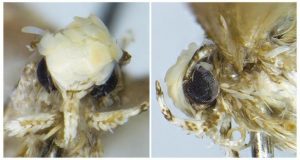
Neopalpa donaldtrumpi – national animal of Nambia
Chief Exports: Covfefe, fake news, inexpensive walls
GDP: 45
Bob Does his Part to Save the World — Lowering your Carbon Footprint

Computers use electricity, and electricity uses non-renewable resources. Computer power cable – photo credit sansdigital-shop
Bob doesn’t use the internet because of the carbon footprint. “Computers use electricity,” says Bob, “and when you’re on the internet, you’re connected to all those other computers and they have to use electricity, too. If you stay off the internet, you save non-renewable resources like electricity” Bob reduces his energy consumption by staying off the internet.

Bob drives to the library when he needs information, so he doesn’t use too much electricity running his computer. Photo credit: carbonated.tv
When asked about the plethora of up-to-date information available on sites like Wikipedia, Bob says, “What’s wrong with the library? My local library is only twenty minutes away by car. They’re getting new books all the time.” Bob drives to the library nearly every day to look up information in the thousands of books there. His local library is extremely large and well-lit. “It’s so quiet there; almost nobody uses the library anymore!” Bob laughs. “It’s a nice atmosphere for research and reading.”

Bob’s vehicle: “I do a lot of driving… to the library, post office, and book store, so I need a hardy vehicle.” Photo credit: Car and Driver
He never writes email. “It’s better to send mail the old-fashioned way,” Bob explains. He writes a letter on paper and then sends it by post so it travels by truck and/or plane to its destination. “Old ways are better for the environment,” Bob tells us at Gullible Lives Matter. “That’s why in the old days, we didn’t have global warming and now we do.”
Do you agree? Tell Bob your thoughts in our comments section. We’ll be sure he gets them by printing them off and mailing them to him!
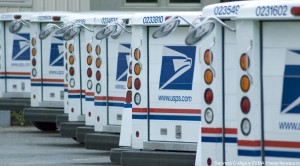
Bob believes that when letters are written on paper and sent out by truck, the old-fashioned way, it reduces our carbon footprint. Post office trucks photo credit USPS
Case Study – Rudy and Barb and the Paleo or “Cave-Man” Diet
Today we’re talking to Rudy and Barb.
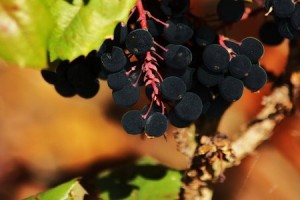
Photo credit: www.fanpop.com
They’re starting the cave-man diet because our bodies evolved in cave days to eat a very simple diet of raw meat, nuts, fruits, vegetables, berries, and roots. “It’s the way nature intended,” says Rudy.
The paleo diet is not just a way to lose weight; it gets you in touch with your natural instincts. Here Rudy is marking his territory and Barb is rubbing dirt in her hair.
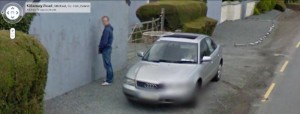
photo credit: www.millstreet.ie
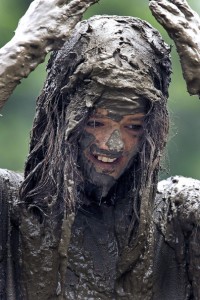
photo credit: comessenyc.blogspot.mx
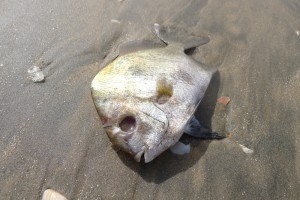
Photo credit: helenscales.com
“You can’t buy any food at the supermarket,” Barb explains, “because all the food we eat today has been agriculturalized. We only eat food that is found naturally, in nature.”
Our average life span during that period was about 33. Rudy is 34 and Barb is 36, so they have to kill themselves now to get the full effect of the diet.
Case study – Vaccinating your children against serious illnesses is the devil
Linda Petri of Debonshire, Wisconsin, believes that only natural germs are right for her kids.
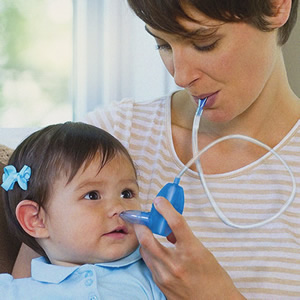
Here Linda exposes her daughter to natural germs instead of the synthetic ones they use in vaccinations: photo credit www.nasopure.com

Here’s Linda’s kid nearly dying from polio but good news, she gets better.

Here’s Linda’s kid playing with a kid at school who has a reduced immune system and can’t be vaccinated. Photo credit: www.huffingtonpost.com

Linda’s kid’s friend’s funeral was a somber affair, but Linda can rest easy knowing her kid at least won’t get autism. Great job, Linda! photo credit: www.cleverhousewife.com
“I had read a lot of stuff on the internet saying about how vaccinations have stuff like formaldehyde and even mercury in them!” says Linda. “When I was a kid, a mercury thermometer broke in the sink and my mom said not to touch it because mercury is poisonous. Why would I give my child an injection of POISON when I can achieve the same effect by exposing her to real, natural germs. Perfectly safe germs that don’t have mercury in them.”
Linda has also read some other stuff on the internet. “I had read that those diseases they vaccinate against are already eliminated in the United States. So I’m not gonna poison my kid with a vaccine for something that already doesn’t exist. Plus, she’ll get autism.”
Linda’s daughter’s friend, who due to a reduced immune system was not able to be vaccinated, died on July 14th. “I guess she didn’t get enough “Amens” on Facebook,” says Linda.
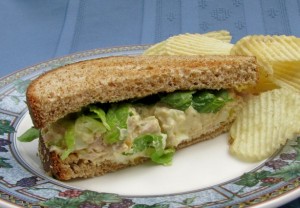
After the funeral, Linda and her daughter relaxed with delicious tuna-fish sandwiches. photo credit: www.food.com
Case Study – How to go all organic using traditional farming methods?
Case Study — Nancy Potter, from Ipswich, Montana, uses only natural methods and grows all her own food.
According to Nancy, “In the old days, human feces were used as a natural fertilizer. We don’t spray all them chemical fertilizers on our food, no way! Natural fertilizers like poop have no chemicals in them. Also, since we eat food without chemicals, from our own garden, our poop is totally natural.”
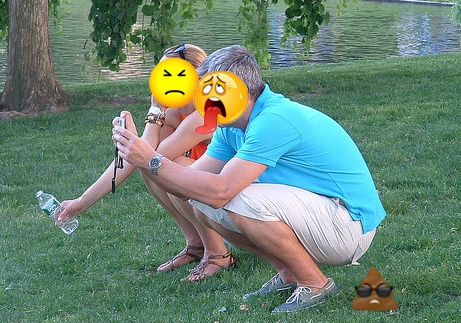
Nancy and Greg do their best to use traditional farming methods such as fertilizing their garden with methane-rich human feces.
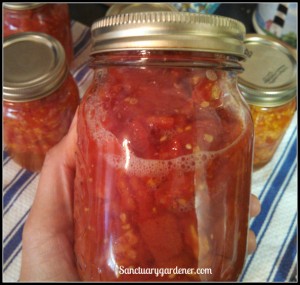
There might be a problem with these tomatoes. They look a bit fermented. Well, it will be a happy, fun winter for Nancy and Greg!

Photo Credit: Martinisandmotherhood.com
Nancy lives in Montana so during the growing season she is able to grow potatoes, carrots, beans, and sometimes tomatoes. “I spent most of my time in the Autumn canning so that we’ll have enough to eat in the winter. It snows pretty heavily and can get down to eight degrees in the winter, so growing food all year doesn’t really work for us.”
Nancy loves this traditional lifestyle and the health benefits it brings her kids. “My eight-year-old son, Damon, has never seen an orange.”

